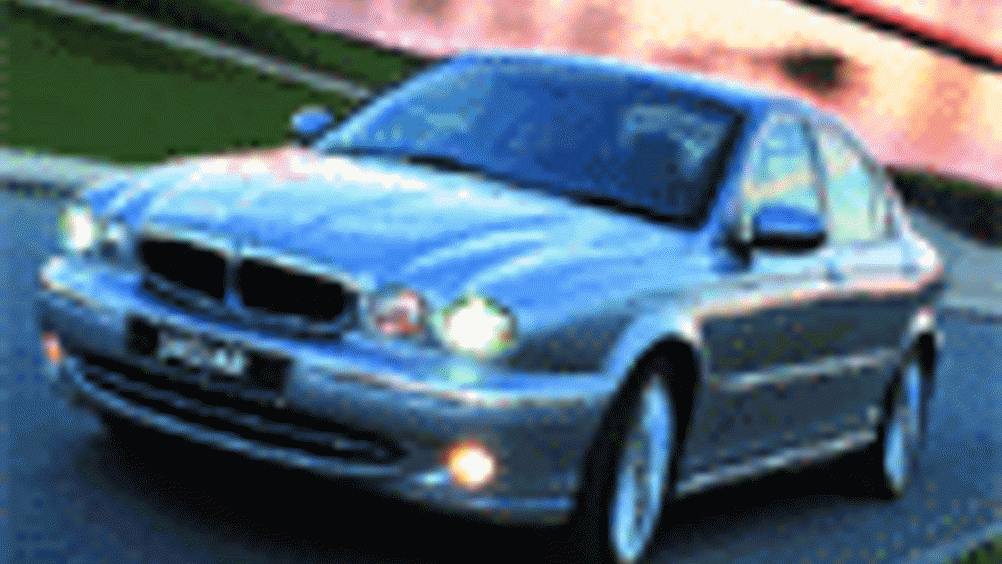Jaguar senses danger

Jaguar Cars are using a new long distance sensor to measure impact speed in pedestrian crash simulations at their engineering centre in
The NCAP legislation is focusing on reducing lower leg injuries, concentrated around the knee joint, and head injuries. As part of testing at Jaguar's Pedestrian Test Facility, bio-mechanic models are propelled towards a static test car at pre-defined speeds to replicate real-world impact conditions. 'The impact speed must be within a very tight tolerance band,' explained Miles Dadson, project engineer at Jaguar Cars in
Register now to continue reading
Thanks for visiting The Engineer. You’ve now reached your monthly limit of premium content. Register for free to unlock unlimited access to all of our premium content, as well as the latest technology news, industry opinion and special reports.
Benefits of registering
-
In-depth insights and coverage of key emerging trends
-
Unrestricted access to special reports throughout the year
-
Daily technology news delivered straight to your inbox










Pipebots Transforming Water Pipe Leak Detection and Repair
Fantastic application.